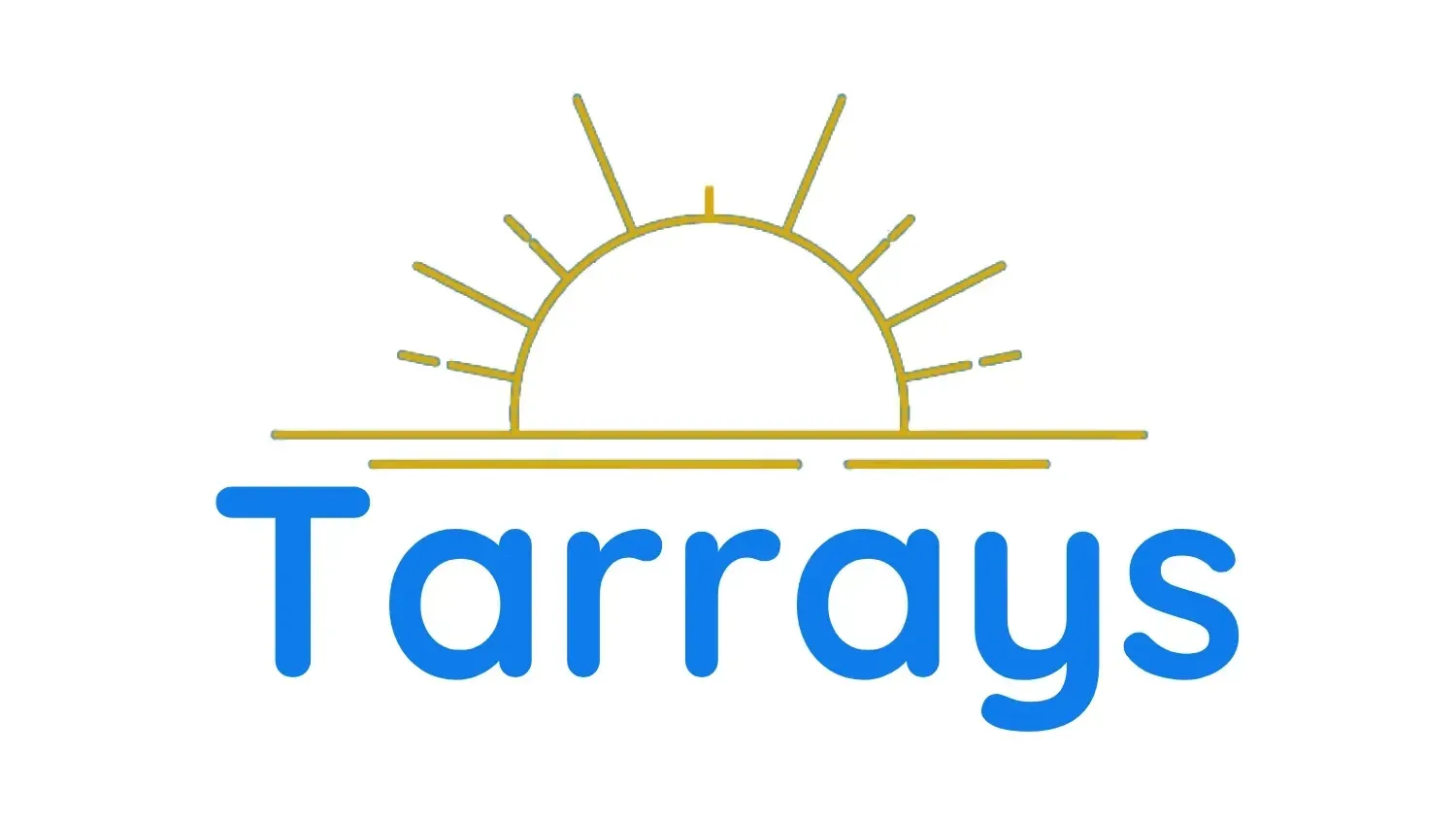Aged Care Sector Overhaul: Preparing for the New Aged Care Act Effective July 2025
The aged care industry in Australia is set for a major transformation with the introduction of the new Aged Care Act in July 2025. These changes aim to improve care quality, strengthen regulatory oversight, and prioritise the rights of elderly Australians. For aged care providers, understanding the new legislation is crucial to ensuring compliance and maintaining high standards of care.
Key Changes in the New Aged Care Act
The new legislation replaces the current framework with a rights-based approach, ensuring that aged care recipients receive safe, high-quality, and respectful care. Key aspects of the reform include:
- Stronger Regulatory Oversight – Increased government monitoring to ensure providers meet new quality standards. Providers will face stricter reporting requirements and more frequent inspections.
- Consumer-Centric Care – Aged care services will be more tailored to the individual needs of residents and home care recipients. Greater emphasis will be placed on personalised care plans that respect the autonomy and dignity of elderly Australians.
- Improved Workforce Conditions – The reforms introduce higher minimum care hours, mandatory staff training, and fairer wages for aged care workers to enhance service quality and workforce stability.
- Increased Transparency and Accountability – Aged care providers will be required to disclose performance metrics, staffing ratios, and financial information to ensure greater public trust and accountability.
- Strengthened Safeguarding Measures – Enhanced protections against elder abuse and neglect, including more rigorous background checks and stricter provider accreditation processes.
What Aged Care Providers Need to Do
With these reforms approaching, aged care providers must take proactive steps to align with the new standards. Critical actions include:
- Workforce Planning – Recruitment of skilled nurses and carers to meet minimum staffing requirements. Agencies must prepare for an increased demand for aged care professionals.
- Training and Development – Ensuring employees receive ongoing professional development in line with new aged care policies. Providers should implement structured training programs focused on patient-centred care and compliance with regulatory changes.
- Compliance Readiness – Conducting internal audits and policy updates to prepare for regulatory assessments. Reviewing existing procedures and aligning them with the new Aged Care Act will be essential to avoid penalties and maintain accreditation.
- Investment in Technology – Leveraging digital tools for enhanced service delivery, such as electronic health records, workforce management systems, and AI-powered monitoring solutions to ensure better care outcomes.
- Enhanced Engagement with Families and Residents – Strengthening communication strategies to involve residents and their families in care decisions, fostering a culture of trust and transparency.
How Tarrays Staffing Can Help
Navigating these significant changes requires a well-prepared workforce. Tarrays Staffing is committed to supporting aged care facilities by providing highly qualified professionals who meet the new regulatory requirements. Our recruitment solutions ensure providers have access to skilled nurses, carers, and allied health professionals who are trained to deliver exceptional care under the updated legislation.
Conclusion
The introduction of the new Aged Care Act in 2025 marks a significant shift in how aged care is delivered in Australia. Providers must act now to ensure they meet the new legal and operational requirements. By prioritising workforce development, compliance readiness, and service improvements, aged care organisations can successfully transition into this new regulatory era. Tarrays Staffing remains dedicated to helping providers build a workforce that meets the highest standards of care, ensuring the well-being of elderly Australians for years to come.












